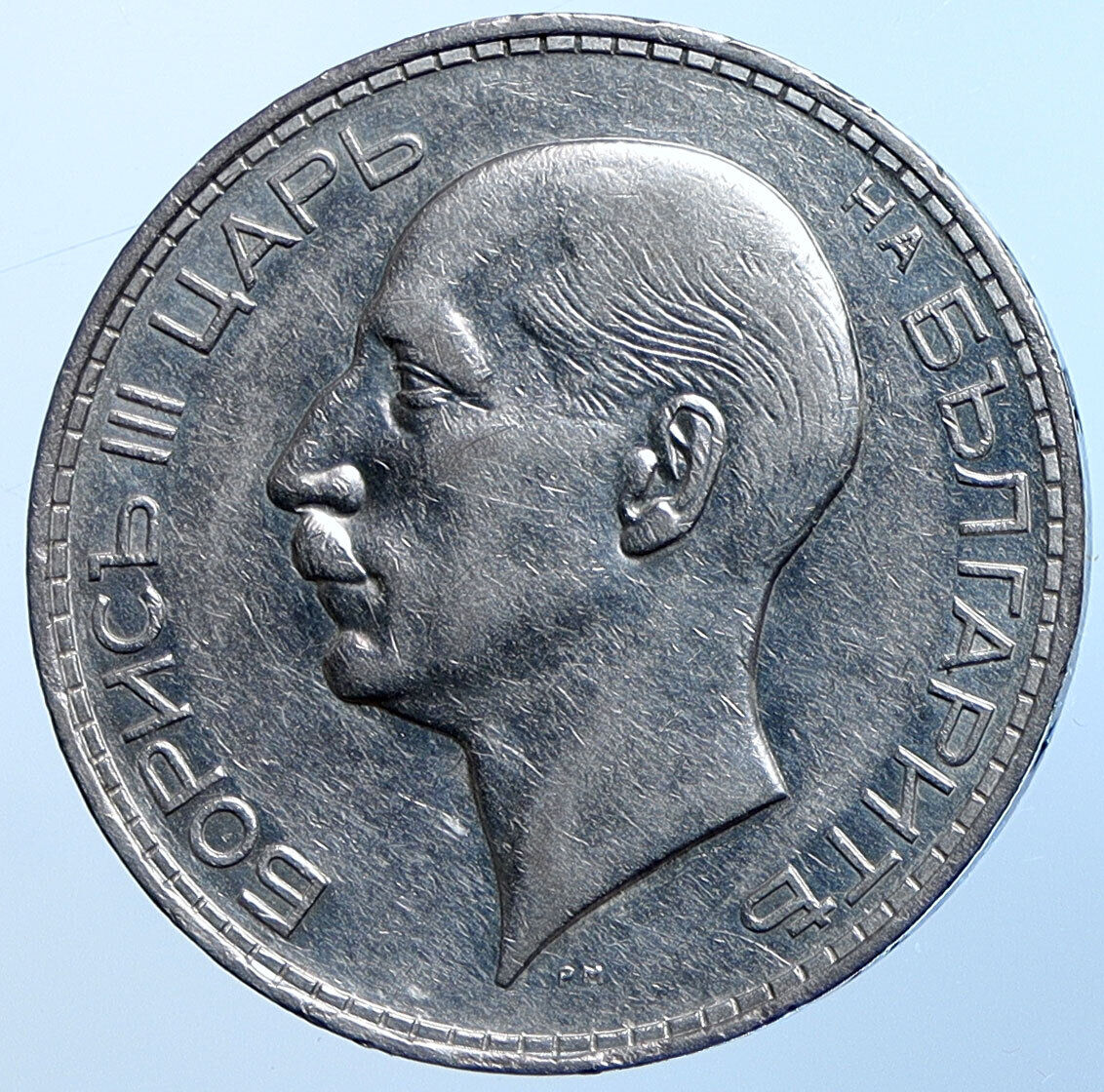-
 Popularity - 4747 views, 678.1 views per day, 7 days on eBay. Super high amount of views. 100 sold.
Popularity - 4747 views, 678.1 views per day, 7 days on eBay. Super high amount of views. 100 sold.
 Price - Avg: $0.00, Low: $0.00, High: $0.00. Best quality when compared to PicClick similar items.
Price - Avg: $0.00, Low: $0.00, High: $0.00. Best quality when compared to PicClick similar items.
 Seller - + items sold. 0% negative feedback. Great seller with very good positive feedback and over 50 ratings.
Seller - + items sold. 0% negative feedback. Great seller with very good positive feedback and over 50 ratings.







